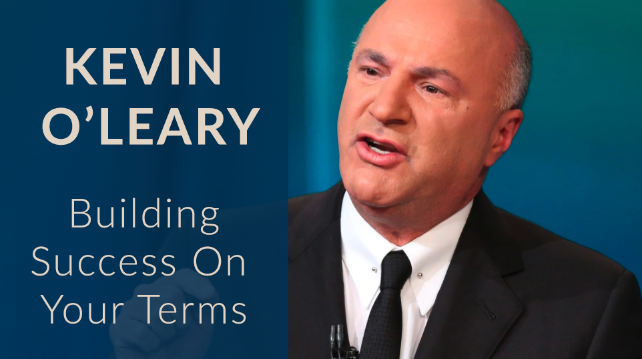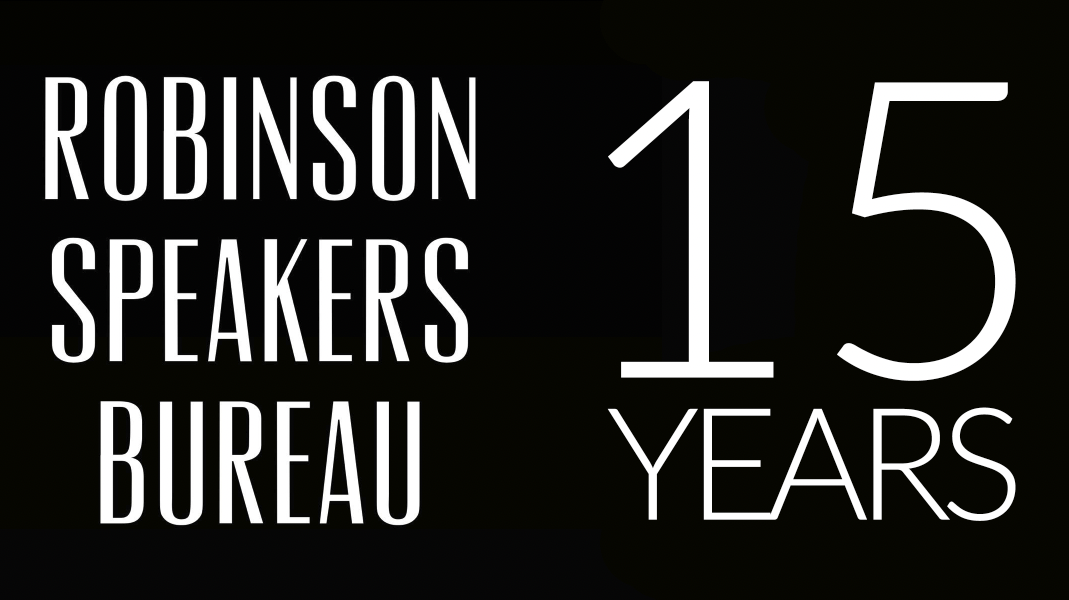
By James Robinson
Kevin O’Leary, the venture capitalist and “Shark Tank” investor known for his sharp wit and unapologetic honesty, doesn’t mince words about what it takes to succeed in business. From humble beginnings to a $4.2 billion exit, O’Leary’s journey is packed with no-nonsense advice for aspiring entrepreneurs. Here’s a look at some of his guiding principles and lessons, distilled into actionable insights.
Trusting Intuition: The 15-Minute Litmus Test
O’Leary’s investing approach is steeped in intuition honed over decades of experience. He’s built a reputation for evaluating opportunities quickly and decisively.
- Gut Feel Backed by Data: O’Leary says he can usually tell within 15 minutes if a business idea has potential. He listens to the pitch, assesses the numbers, and trusts his instincts—instincts he’s developed through years of analyzing what works and what doesn’t.
- Intuition as Distilled Experience: He describes intuition as experience “distilled,” emphasizing that this sixth sense is only possible after years of hands-on work. For new entrepreneurs, his advice is to keep refining this instinct by learning from each decision, success or failure.
Creativity Meets Discipline: Balancing Art with Science
For O’Leary, the best business strategies blend creativity with scientific discipline.
- Structured Innovation: O’Leary’s early career was shaped by a creative problem-solving approach, inspired in part by his struggle with dyslexia. “Business is part art and part science,” he says, a combination of raw creativity and strict discipline.
- Efficiency Over Novelty: His approach in the software business underscored this philosophy. Rather than building new tools from scratch, he focused on creating scalable “engines” for learning software, cutting R&D costs and focusing on efficiency.
From Employee to Owner: A Defining Moment in Control
O’Leary’s early job at an ice cream parlor taught him a lesson he’d carry for life. Fired for refusing to scrape gum off the floor, he realized he never wanted to be at the mercy of someone else’s decisions again.
- Ownership is Key: “There are two types of people in business: those who own the store and those who scrape the floor,” he says. For him, owning the business is essential to maintaining control over his destiny. This incident crystallized his ambition to always be on the ownership side of any venture.
- Self-Reliance Over Dependence: That early job loss spurred O’Leary to never rely on anyone else for financial security. His path would be one of entrepreneurship, where he could dictate his own terms.
Financial Independence as the True Goal of Entrepreneurship
Kevin O’Leary is clear about what motivates him and his advice for others: money should not be the end goal. Instead, he champions financial independence as the real prize.
- Freedom Over Wealth: For O’Leary, entrepreneurship isn’t about the accumulation of wealth but about creating the freedom to make choices. “The real purpose of success is to gain the freedom to do whatever you want,” he says. This freedom is what makes entrepreneurship worth the sacrifices.
- Avoiding Entitlement: He’s careful to instill this philosophy in his children as well, supporting them only through college. Beyond that, they’re on their own. “Entitlement is poison,” he says. O’Leary believes that true independence comes from learning to stand on one’s own, not from handouts.
Respect for Failure: Knowing When to Walk Away
O’Leary doesn’t sugarcoat his view on failure. To him, it’s an essential part of business, not something to fear or avoid.
- Setting Boundaries on Investments: He maintains a strict 36-month rule with his investments. If a venture doesn’t show potential within that period, he moves on. This approach prevents him from pouring resources into ventures that aren’t working.
- Embracing Failure as a Learning Tool: “Take it behind the barn and shoot it,” he says of failed businesses, referring to a swift and unsentimental approach to ending ventures that lack growth. To him, failure is just another step in the learning process, a means to redirect efforts toward more promising ideas.
The Power of Portfolio Investing
Kevin O’Leary’s diversified investment strategy is part of what makes his approach resilient to inevitable losses.
- Hedging Through Diversity: He invests across industries, knowing that even the most promising companies can fail unexpectedly. He advises that no single venture should be relied upon for success; a spread of investments allows winners to offset losers.
- The “Going Concern” Test: O’Leary regularly reviews his portfolio, re-evaluating ventures based on their current performance. If a company fails to prove its value or gain traction, he reallocates resources to more successful endeavors.
Listening to the Market: Pivoting When Necessary
As companies grow, O’Leary stresses that founders need to be open to change, even if that means altering their original vision.
- Transitioning from Visionary to Listener: He describes a common pitfall for successful entrepreneurs: the inability to listen to market feedback. While a singular vision may help launch a company, maintaining success requires adapting to market demands, customer needs, and competitive pressures.
- Stepping Aside if Needed: If a founder proves unable to pivot, O’Leary doesn’t hesitate to replace them with someone who can. “If you can’t pivot, you’re not the right person to lead the company,” he says. It’s a philosophy that has led him to both save companies and reassign leadership when necessary.
Respect as a Business Principle
O’Leary maintains that success is no excuse for arrogance. He’s adamant about respecting everyone, regardless of their role.
- Karma and Respect: “Respect is non-negotiable,” O’Leary says, warning that arrogance will backfire in the long run. For him, treating people well isn’t just a nice gesture; it’s a matter of karma and good business practice.
- Staying Grounded: O’Leary argues that a respectful approach to business and life leads to better long-term results. In his eyes, those who treat others poorly will face the consequences sooner or later.
Final Thoughts: Owning Your Success
Kevin O’Leary’s approach to business is steeped in realism and pragmatism. For him, the journey is as much about freedom as it is about financial gain. He advocates for a strong sense of self-reliance and a willingness to learn from every outcome—good or bad.
His final advice to entrepreneurs is straightforward: “Don’t go into business for money alone; go into it for freedom.” In O’Leary’s world, success is not about counting profits but about claiming control over one’s life.
To Inquire About Kevin O’Leary to Speak at Your Event, send an email to info@robinsonspeakers.com or click here.
